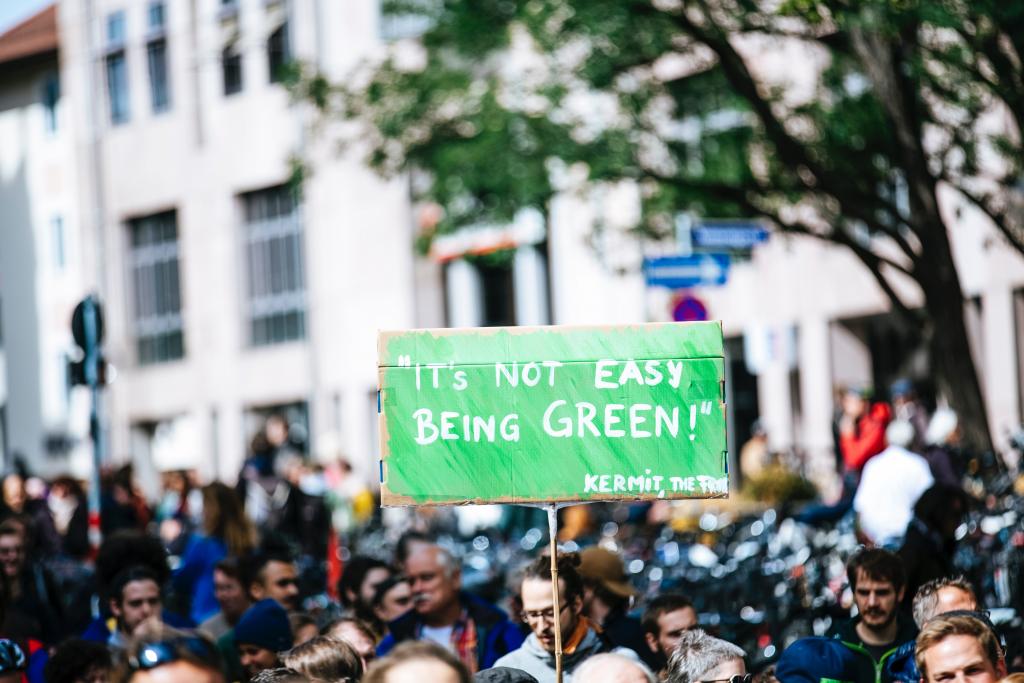By Bernhard Reinsberg
Lecturer in International Relations
University of Glasgow—School of Social and Political Sciences
Climate change is one of the greatest challenges facing humanity. To stem this challenge, states have been experimenting with a range of governance mechanisms—from the UN Framework Convention for Climate Change, to the Kyoto Protocol, and the Paris Agreement, in which states committed to non-legally binding national contributions in an effort to limit global warming to at most two degrees Celsius. States have further encouraged transnational climate governance initiatives which bring together states, international organizations, civil society groups, firms, and cities.
Despite this apparent hyper-activism, the world has failed to halt global warming. Four years after the signing of the Paris Agreement, most experts predict global warming will exceed the collectively agreed thresholds, with disastrous consequences. As much as the world faces a climate crisis, it also faces a climate governance crisis: We know what must be done to halt climate change but we do not know yet how to get there.
In a recent article, I probe the potential of blockchain technology to boost global cooperation for climate action. Blockchain essentially is a data structure that stores information as a series of cryptographically linked blocks, which are distributed simultaneously to all participants in the network. The information stored on a blockchain is tamper-resistant. This is useful for generating a single source of truth, without the need for central intermediaries. Blockchain is not only a data structure: it also facilitates so-called smart contracts — pieces of computer code that run on top of the blockchain. Smart contracts execute autonomously when pre-defined conditions are fulfilled and thereby establish a new form of governance, which may benefit climate policy. I propose a blockchain-based decentralized climate organization in which all relevant stakeholders participate and whose interactions are facilitated by smart contracts. A common token —let us call it greencoin—allows for linking the climate commitments by states with the flourishing ecosystem of transnational climate initiatives and individual climate action. This organization will help get the world together to act against climate change in three ways.
Boosting transparency and tapping new sources of information
Coordinated action against climate change requires better information. One important information-related task is to ensure that different stakeholders do not claim carbon credits for the same carbon-offsetting activity. To avoid double-counting, a publicly shared digital ledger of carbon credits, as currently piloted by the Pacific Alliance nations, would offer a more cost-effective solution than a central agency settling transactions of carbon credits.
Another (more challenging) task would be to verify that carbon-offsetting activities have actually occurred. Blockchain technology, combined with information feeds such as Internet-of-Things (IoT) devices, can tap new information sources. IoT devices have become increasingly widespread. Since they feed important information into the system, they are prone to manipulation; but this challenge can be addressed by relying on the aggregate report from multiple devices, along with rewards for detecting malign reporters. Smart contracts offer an efficient way to reward information feeds for critical tasks like verifying emission reductions and adaptation measures at the local level.
Enforcing climate change commitments more effectively
Climate change is an area ripe with broken promises. Consider the decision by US president Donald Trump to withdraw from the Paris Agreement, motivated by expected job losses among US carbon-intensive industry workers. In other countries, worries have grown that the COVID-19 pandemic will thwart government efforts to honour their climate-related commitments.
Through smart contracts, blockchain technology could mitigate the risk of backsliding, provided that stakeholders underpinned their commitments with a monetary deposit. For instance, if states fail to comply with their emission reduction targets, their deposit will be taken and redistributed as greencoins to individuals that have abated carbon emissions, for example by planting trees, or other climate action.
This example shows that more effective enforcement of commitments through smart contracts is only possible where actors have staked resources upon their commitments. An added benefit of eliminating uncertainty around enforcement is to entice more ambitious climate commitments from those actors who are concerned about being cheated upon by powerful actors.
This is an excerpt. To read the full article, visit The Global.
Interested in contributing to our blog? Here is how.
Photo by Markus Spiske on Unsplash


